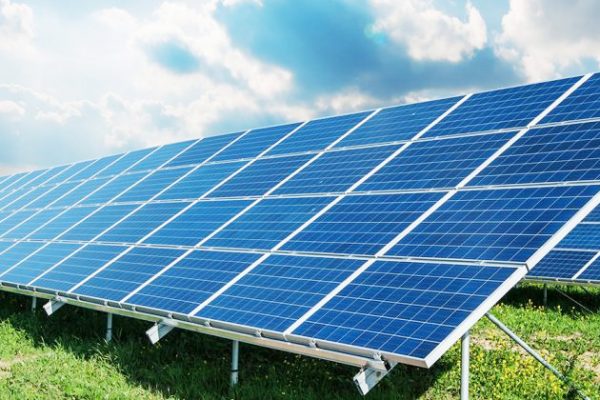Staff Reporter
Government is urging greater investment in solar power generation to help achieve its Vision 2030 goal of a prosperous, energy-secure nation.
Following last year’s low rainfall season, which severely affected water levels at the Kariba Dam, the country’s primary power source, the resulting widespread load shedding underscored the urgent need to diversify power generation. This shift has led to a surge in renewable energy projects, with independent power producers (IPPs) increasingly contributing to the national grid. The latest example is the 25-megawatt Nyabira Centregrid Photovoltaic Solar Power Plant, part of an ongoing effort to harness solar energy for Zimbabwe’s growing needs.
Speaking after touring the plant, Mashonaland West Minister of State for Provincial Affairs and Devolution, Marian Chombo, expressed optimism about the role of solar investment in Zimbabwe’s industrialization.
“Energy is a key enabler in our modernisation and industrialisation agenda. The growing number of IPPs helps address power deficits, particularly those caused by low water levels in Kariba. Let me take this opportunity to praise the locally funded solar plant, which aligns with President Mnangagwa’s vision “Nyika Inovakwa NeVene Vayo” (a country is built by its own people) philosophy,” she said
Centregrid Managing Director, Ms Timisela Zunguze, highlighted the critical role of the private sector in advancing the country’s energy goals.
“Power generation is not only a government responsibility but everyone has a role to play. To achieve Vision 2030, we need all hands-on deck. Centregrid’s solar plant, recently upgraded to 25 megawatts, will soon enter a third phase to expand its capacity to approximately 60 megawatts. The private sector has the agility and resources to contribute meaningfully to our national objectives and working tirelessly to complement government efforts in the energy sector,” said Zunguze.
Climate change has placed additional pressure on Zimbabwe’s power infrastructure, with frequent droughts impacting hydropower output.
Centregrid’s Plant Engineer, Tariro Muko, explained that the shift to solar energy is not only an economic choice but an environmental necessity.
“While we contribute minimally to global emissions, Zimbabwe faces severe climate events. By investing in solar, we are reducing carbon emissions and making use of an abundant, free resource. The solar plant at Nyabira is fully funded locally, illustrating a national commitment to sustainable energy that aligns with the country’s low-emission profile,” said Muko.
Zimbabwe is actively implementing strategies to enhance energy security, including the National Energy Efficiency Policy, which aims to increase renewable energy capacity to 1,100 megawatts by 2025 and 2,100 megawatts by 2030. By embracing solar and other renewable sources, the government and private sector are working together to ensure that Zimbabwe’s future energy needs are met sustainably, driving economic growth while mitigating climate impacts.




